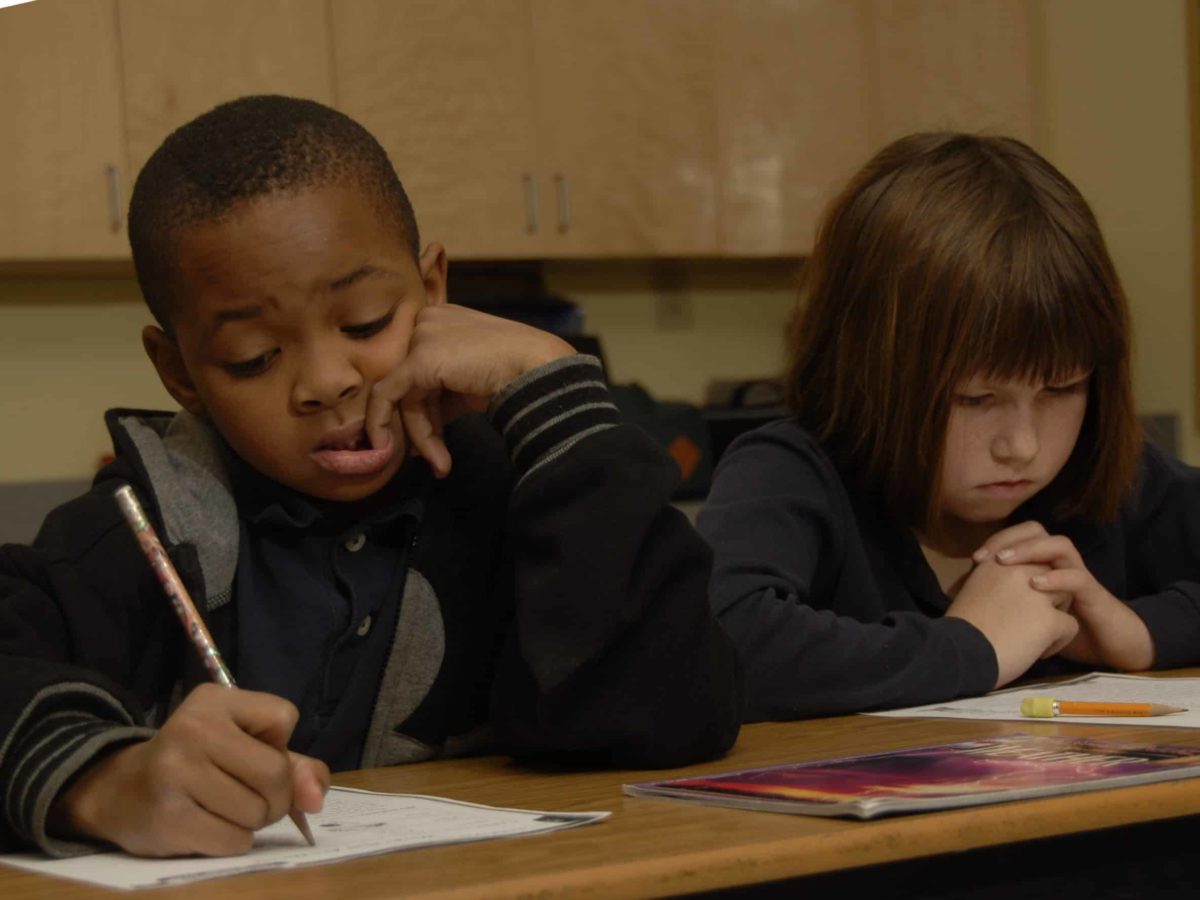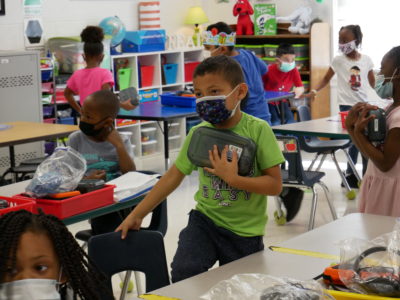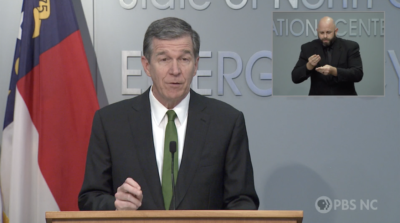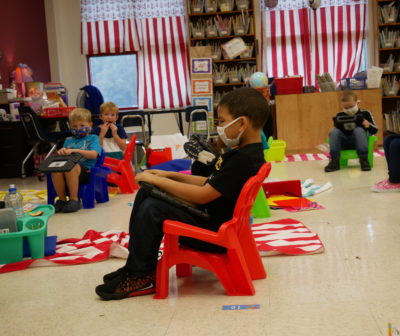

On the day before Gov. Roy Cooper spelled out his proposals for using $5.7 billion in federal coronavirus rescue funding, the U.S. Census Bureau issued a school finance report that sheds light on critical decisions imminent in North Carolina. The Census examined public K-12 spending across the nation in fiscal year 2019 — before the pandemic closed schools, disrupted businesses, and jolted personal lives.
Nationwide per-pupil spending for elementary and secondary public education, says the Census report, increased 5% to $13,187, up from $12,559 in 2018, the largest annual increase since 2008. The Census survey includes spending on salaries and current operations, as well as construction and equipment, from federal, state, and local revenues.
North Carolina slightly exceeded the national rate with a 5.1% increase in per-pupil spending in 2019. However, as a map and Census data tables show, that increase, as welcome as it is, did not substantially improve the state’s overall standing.
With its per-pupil spending at $9,857, North Carolina fell well below the national level and into the bottom 10 states — in the South and West — below $10,000. North Carolina ranked 47th in per-pupil spending from all sources combined. In per-pupil spending in relation to the state’s personal income, North Carolina ranked 48th.
As the Census report shows, 61.7% of North Carolina’s K-12 spending in 2019 came from the state, 27.9% from counties, and 10.4% from the federal government. Nationally, in contrast, state and local sources each contribute about 45% of school financing. North Carolina’s profile reflects two significant features of the state’s education governance and budgeting.
With 115 local school districts amid 100 counties, North Carolina does not have a plethora of small sub-city or sub-county school districts heavily reliant on local property taxes. Under the legacy of a governmental reform dating back to the Great Depression, education is substantially centralized in state government, which pays teachers and funds much of the day-to-day operations.
Obviously, what the governor rightly described as the “unprecedented amount of funding we have” will boost the federal share of education spending in the near term. Cooper proposes to apply $300 million of the federal money to basic education, including literacy coaches, and expanded pre-K; $1.2 billion into broadband to close the digital divide; and $715 million for scholarships, especially for low-income students, to public universities and community colleges, as well as private colleges.
Only the federal government has capacity to give state and local governments such a late-pandemic “shot in the arm,” as Cooper called it. As needed as it is, the federal rescue funding, politically speaking, gives state and local elected officials money to spend that they don’t have to raise in taxes. The imminent critical decisions facing the General Assembly and local boards have to do with using this rescue money effectively and preparing for what happens beyond the three-to-five-year time frame for spending the emergency funding.
A single sentence in the document detailing the governor’s recommendation defines the issue succinctly: “The ongoing imperative and Constitutional mandate to provide a sound basic education requires stable, recurring funding.” Thus, the state General Fund budget, soon to be adopted in the legislature, is crucial to putting North Carolina on a trajectory of “stable, recurring” education financing.
At the risk of statistics overload, let’s look at another set of data from the Census. Before increasing per-pupil expenditures by 5.1% in 2019, North Carolina had a string of rather modest, even anemic annual increases: 3.4% in 2018, 3.2% in 2017, 1.2% in 2016, 2.1% in 2015.
So now the question is whether state government will do better over the next half-decade than it did in the five fiscal years before the pandemic. It is the state’s own budget that expresses the values that North Carolina holds and the effort it devotes to advancing the education and upward mobility of its young people.




